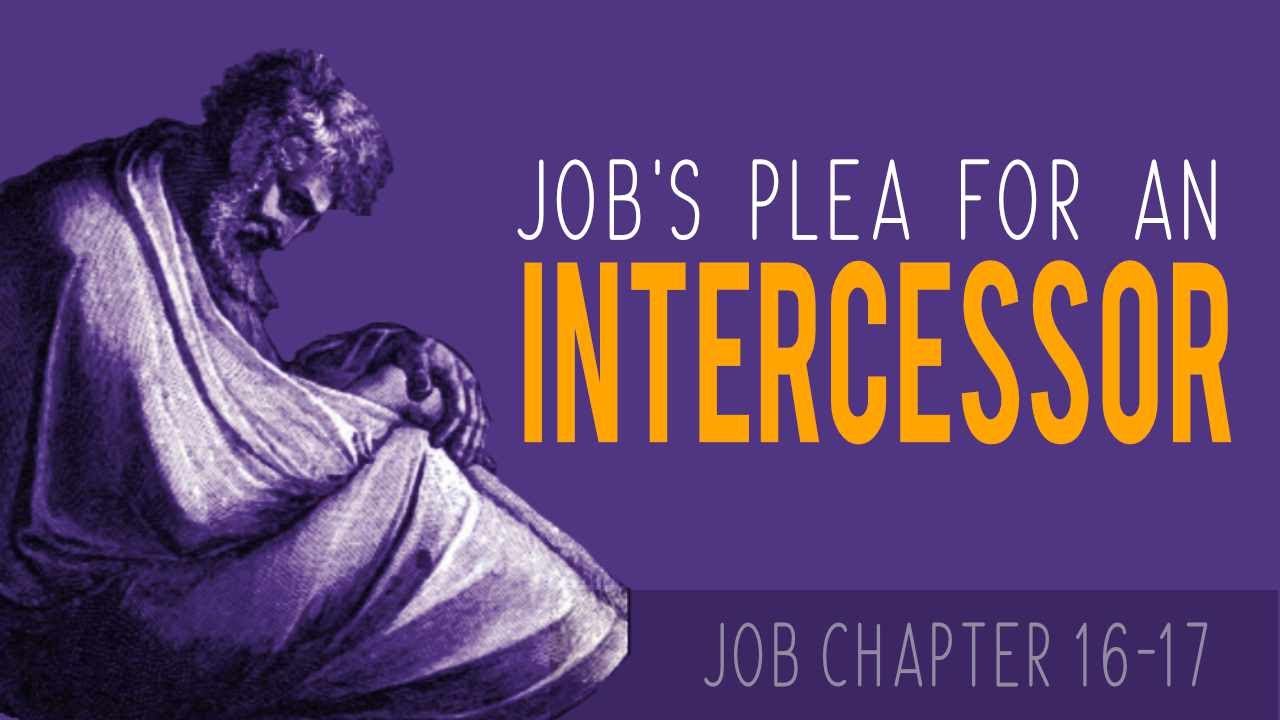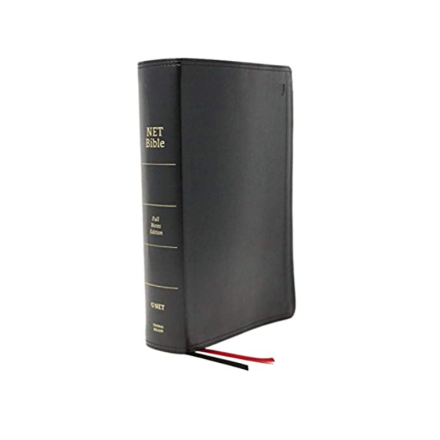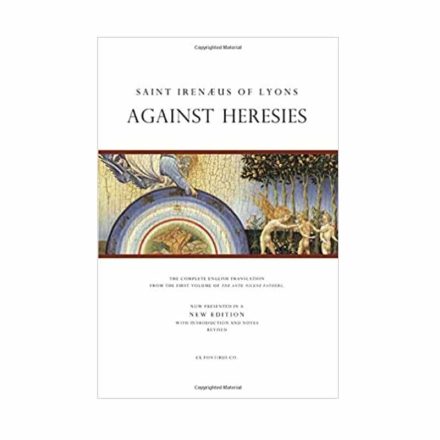Podcast (bible-study): Play in new window | Download | Embed
Subscribe: Apple Podcasts | Google Podcasts | Spotify | Amazon Music | Android | Pandora | iHeartRadio | Podchaser | Email | Deezer | RSS | More
Who is the Intercessor in the Book of Job?

16 Then Job replied:
2 “I have heard many things like these;
you are miserable comforters, all of you!
3 Will your long-winded speeches never end?
What ails you that you keep on arguing?
4 I also could speak like you,
if you were in my place;
I could make fine speeches against you
and shake my head at you.
5 But my mouth would encourage you;
comfort from my lips would bring you relief.
Job’s friends have come to comfort him, but they have now turned to condemnation. Even if they did believe that Job had done wrong and brought his situation on himself, what purpose did it serve to keep on arguing when he wouldn’t agree with them?
Job says that if the situation were reversed, he would have just as much cause to accuse them of bringing judgment on themselves, but that instead of condemning them … he would comfort and encourage them. Job was very likely in their situation many times. As a man of means, he probably had comforted people who had no one but themselves to blame for the situation they were in.
6 “Yet if I speak, my pain is not relieved;
and if I refrain, it does not go away.
7 Surely, God, you have worn me out;
you have devastated my entire household.
8 You have shriveled me up—and it has become a witness;
my gauntness rises up and testifies against me.
Job is still at the point where he sees no way out. He shifts his focus from the anguish his friends are bringing upon him by their words to acknowledging that ultimately it is God who controls the course of his life. The circumstances he is in, his condition, seem to be a witness to God’s anger against him.
This passage of Job is reminiscent of Isaiah’s description of the Suffering Servant in Isaiah 53, the righteous one who would suffer, seemingly without cause, “Surely he took up our pain and bore our suffering, yet we considered him punished by God, stricken by him, and afflicted.” (Isaiah 53:4) The conditions of Job’s life, as well as the trials Jesus suffered, appeared to be a judgment from God for sin, but both were innocent.
This shift in focus also begins some of the confusion in who is being addressed in Job’s lament. The NIV translates verse 7 as “Sure, God, has worn me out; you have devastated my entire household.” However, looking at the verse directly, it is “but now he [unspecified] has worn me out, but you have made desolate all my company.” This is Young’s Literal translation of that passage.
6 If I speak, my pain is not restrained, And I cease — what goeth from me?
7 Only, now, it hath wearied me; Thou hast desolated all my company,
8 And Thou dost loathe me, For a witness it hath been, And rise up against me doth my failure, In my face it testifieth.
Let’s recap the progression of this chapter. Job has told his friends they’re miserable comforters, and if the situation were reversed, he would comfort and encourage them regardless of the circumstances. He can’t defend himself, because his own circumstances argue against him. YLT translates verse 7 as “it hath wearied me,” which seems to be referring to his circumstances, and I think the “thou” in the verse is referring to his friends who are condemning him. Again in verse 8, the “thou” is referring to the ones he is speaking to, the friends. Continuing in the NIV:
9 God assails me and tears me in his anger
and gnashes his teeth at me;
my opponent fastens on me his piercing eyes.10 People open their mouths to jeer at me;
they strike my cheek in scorn
and unite together against me.11 God has turned me over to the ungodly
and thrown me into the clutches of the wicked.
12 All was well with me, but he shattered me;
he seized me by the neck and crushed me.
He has made me his target;
13 his archers surround me.
Without pity, he pierces my kidneys
and spills my gall on the ground.
14 Again and again he bursts upon me;
he rushes at me like a warrior.
The NIV translates verse 9 as Job saying God is assailing him and that his “opponent fastens on me his piercing eyes.” So is Job saying here that God is his opponent?
In verse 10, he says people are jeering at him and that God has turned him over to the ungodly in verse 10. Job says that “his archers surround me,” Who is the “his” referring to? Whoever it is, it would seem to be the one who “rushes at [Job] like a warrior.”
The NIV translates this as God directly doing all of these things, but verse 11 states that “God has turned me over to the ungodly,” which is what we saw in chapter one isn’t it? That God held back his protection and allowed Satan to afflict Job. Verse 11 is actually the only verse that has the word “God” (El) in it. If God has turned Job over to the wicked, it is the wicked that are doing the oppression and affliction, not God. From the Adam Clarke Commentary on Job 16:9
Verse Job 16:9. He teareth me in his wrath — Who the person is that is spoken of in this verse, and onward to the end of the fourteenth, has been a question on which commentators have greatly differed. Some think God, others Eliphaz, is intended: I think neither. Probably God permitted Satan to show himself to Job, and the horrible form which he and his demons assumed increased the misery under which Job had already suffered so much. All the expressions, from this to the end of the fourteenth verse, may be easily understood on this principle; e.g., Job 16:9: “He (Satan) gnasheth upon me with his teeth; mine enemy sharpeneth his eyes upon me.” Job 16:10: “They (demons) have gaped on me with their mouth;-they have gathered themselves together against me.” Job 16:11: “God hath delivered me to the ungodly, (עויל avil, to the EVIL ONE,) and turned me over into the hands of the wicked.” He hath abandoned me to be tortured by the tempter and his host.[1]
15 “I have sewed sackcloth over my skin
and buried my brow in the dust.
16 My face is red with weeping,
dark shadows ring my eyes;
17 yet my hands have been free of violence
and my prayer is pure.
Job is in deep despair, but he has not sinned. His “prayer is pure” and he continues to cry out to God.
18 “Earth, do not cover my blood;
may my cry never be laid to rest!
19 Even now my witness is in heaven;
my advocate is on high.
20 My intercessor is my friend
as my eyes pour out tears to God;
21 on behalf of a man he pleads with God
as one pleads for a friend.
Job is crying out for a witness to his affliction, that his tribulation not be forgotten. And we see in verses 19-20 that Job is far from considering God an enemy. He knows there is one “in the heavens,” an advocate “on high” who is interceding for him as a friend to God. We know from previous passages that no human can be right with God or plead their cases, this is referring a divine and righteous intercessor that has standing with the righteous God. Going back to YLT for this same passage:
18 O earth, do not thou cover my blood! And let there not be a place for my cry.19 Also, now, lo, in the heavens [is] my witness, And my testifier in the high places.20 My interpreter [is] my friend, Unto God hath mine eye dropped:
21 And he reasoneth for a man with God, And a son of man for his friend.
The intercessor takes “a son of man for his friend.” This is a picture of the promise reconciliation between man and God. This is the desire of Job’s heart, he knows that God alone is the only one who can help him. Only in God is his safety.
22 “Only a few years will pass
before I take the path of no return
Job knows his days are limited, but he calls out to the one who is eternal to defend him. Job continues his lament in chapter 17.
17 1 My spirit is broken,
my days are cut short,
the grave awaits me.
2 Surely mockers surround me;
my eyes must dwell on their hostility.
Job is stating his cases, outlining his plight, and then he continues on to presenting his case before God.
3 “Give me, O God, the pledge you demand.
Who else will put up security for me?
In the time of Job, security was not so much in the governmental and judicial structures, but in alliances. Alliances were agreements to stand by the other in times of trouble. Individuals made alliances with other individuals, families with families. The existing “government” and “justice” consisted of the ruling lord one gave their allegiance to and whatever justice that lord decided to give out.
Job is saying, who will pledge/ally with me? The YLT and KJV make this a little more clear than the NIV.
3 Place, I pray Thee, my pledge with Thee; Who is he that striketh hand with me? (YLT)
3 Lay down now, put me in a surety with thee; who is he that will strike hands with me? (KJV)
No one will stand with Job. Everyone has abandoned him. The friends who came to him, are now condemning him. He has no one, and so he calls out to God. He is saying, “God, be my ally! Will you stand for me?”
4 You have closed their minds to understanding;
therefore you will not let them triumph.
5 If anyone denounces their friends for reward,
the eyes of their children will fail.
6 “God has made me a byword to everyone,
a man in whose face people spit.
7 My eyes have grown dim with grief;
my whole frame is but a shadow.
8 The upright are appalled at this;
the innocent are aroused against the ungodly.
9 Nevertheless, the righteous will hold to their ways,
and those with clean hands will grow stronger.
10 “But come on, all of you, try again!
I will not find a wise man among you.
Job is describing several human motivations here, but the common theme among all of them is that those around Job are not seeing the true picture . . . God has “closed their minds to understanding” . . . and because God has not revealed his mind to those around them, he will not exalt them, because that triumph comes from the Holy Spirit and revelation of God.
In verse 5, Job is describing those who are for you when there is something in it for themselves, the YLT renders it as “for a portion he showeth friendship,” but that falseheartedness will bring judgment on the children.
Job again points out that his circumstances seem to indicate that he is under judgment, and that this is why the upright and God-fearing are standing back. They are continuing to do right and are strengthened because of that, but they still aren’t seeing or understanding.
11 My days have passed, my plans are shattered.
Yet the desires of my heart
12 turn night into day;
in the face of the darkness light is near.
13 If the only home I hope for is the grave,
if I spread out my bed in the realm of darkness,
14 if I say to corruption, ‘You are my father,’
and to the worm, ‘My mother’ or ‘My sister,’
15 where then is my hope—
who can see any hope for me?
16 Will it go down to the gates of death?
Will we descend together into the dust?”
Everything that Job has worked for and built in his life is at an end, his “plans are shattered,” but still he hopes. He is hoping that the night turns into day and that dawn will break. If this is the end, if there is no restoration after destruction, if there is nothing left for Job other than to die and go down into the dust . . . Then what is there to hope for?
And then Job asks the big question, the question on which eternity turns . . . Will hope go down with him to the “gates of death? Will hope “descend together into the dust?”
The answer is YES!
Yes, Hope, hope in person, the intercessor and friend pleading his case before God does go with us to the “gates of death.” It is this very thing that brings about this reconciliation and restoration that Job is desiring in chapter 16. It is what Irenaeus of Lyons refers to in Against Heresies as “recapitulation,”
This is the seed of which the apostle says in the Epistle to the Galatians, “that the law of works was established until the seed should come to whom the promise was made.” This fact is exhibited in a still clearer light in the same Epistle, where he thus speaks: “But when the fulness of time was come, God sent forth His Son, made of a woman.” For indeed the enemy would not have been fairly vanquished, unless it had been a man [born] of a woman who conquered him. For it was by means of a woman that he got the advantage over man at first, setting himself up as man’s opponent. And therefore does the Lord profess Himself to be the Son of man, comprising in Himself that original man out of whom the woman was fashioned (ex quo ea quæ secundum mulierem est plasmatio facta est), in order that, as our species went down to death through a vanquished man, so we may ascend to life again through a victorious one; and as through a man death received the palm [of victory] against us, so again by a man we may receive the palm against death.[4]
Jesus, our intercessor, redeemer and friend, gained victory over death. Regardless of circumstances, in spite of death itself, we have hope. Because Jesus rose 2000 year ago, we have a grounded and firm hope. If Jesus beat death itself, the worst Satan can dish out, what else can’t he do?
The answer is nothing, because nothing is impossible with God. (Luke 1:37)
This Bible study is part of A Study of Job (2021)
Endnotes
- [1] Adam Clarke, “Commentary,” in The Adam Clarke Commentary, 1832, accessed September 3, 2021, https://www.studylight.org/commentary/job/16-9.html.
- [2] Editor, “The NIV And Calvinism: A Great Inconsistency,” n.d., accessed September 3, 2021, https://thegospelpreceptor.com/2018/10/04/the-niv-and-calvinism-a-great-inconsistency/.
Roland H. Worth, Jr., “From: Theology’s Impact on Translation: KJV to NRSV Return to Home,” Biblical Research Resources, last modified 2013, accessed September 3, 2021, https://www.biblicalresearchresources.com/TheologysImpactCh4.htm. - [3] “Calvinism and the NIV,” Redeeming God, last modified August 18, 2014, accessed September 3, 2021, https://redeeminggod.com/calvinism-and-the-niv/.
- [4] Irenaeus of Lyons, Saint Irenaeus of Lyons: Against Heresies, ed. Alexander Roberts, James Donaldson, and A. Cleveland Coxe (Ex Fontibus Co., 2012). V.21.1.




